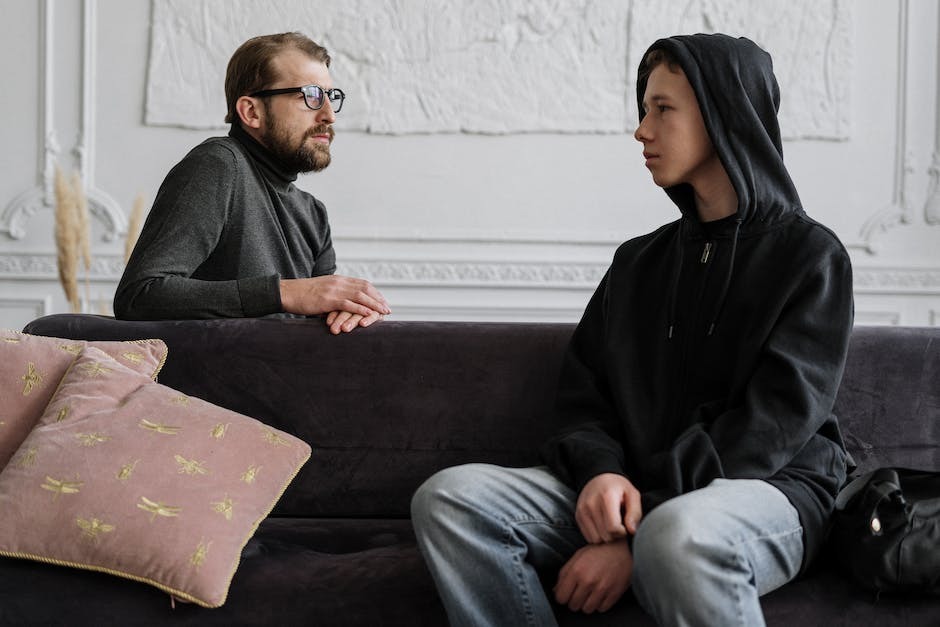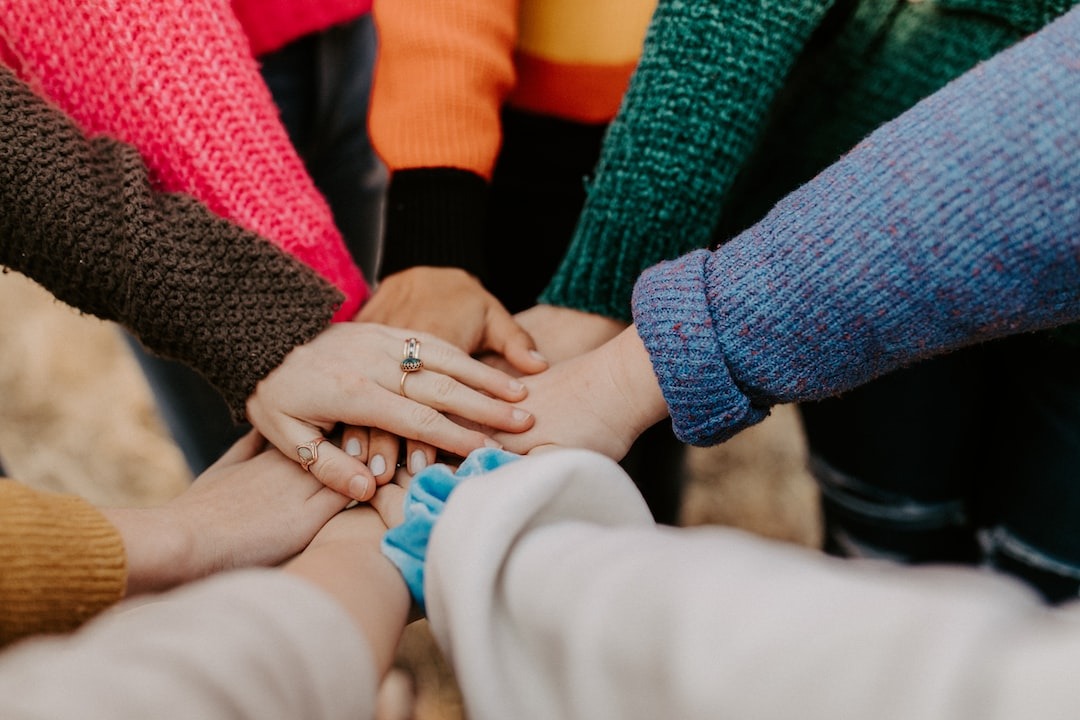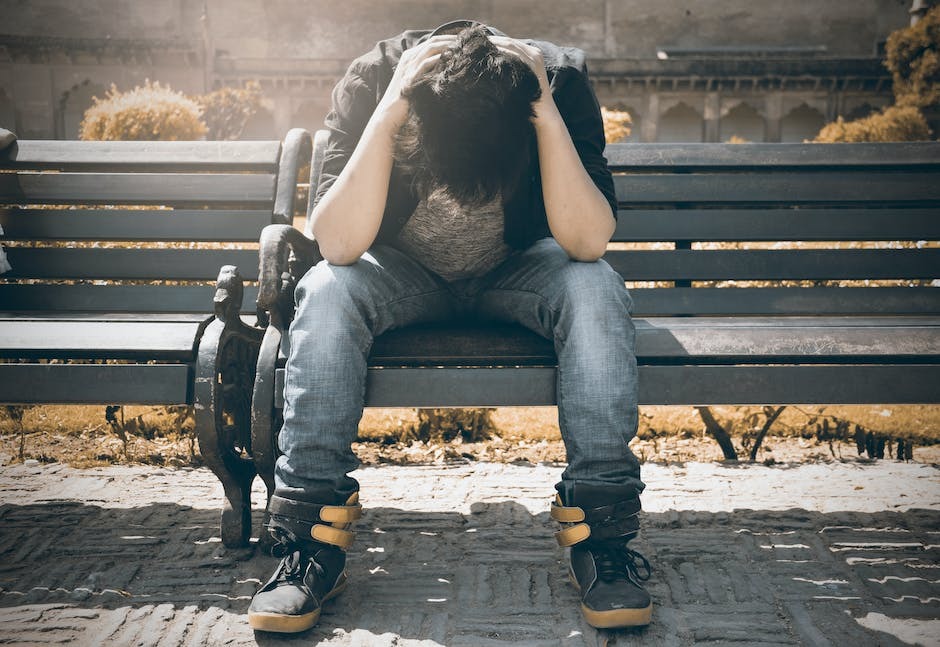
Committing to sobriety involves creating an entirely new sober routine, with dedicated outpatient programs being an instrumental resource in creating this effective approach to sustained sobriety. The Redpoint Center in Glenwood Springs helps individuals adopt new strategies to quell persistent urges and cravings in recovery while developing a new lifestyle that aligns with sober goals.
Importance of a New Sober Routine
While the desire to cease the use of substances and pursue a sober life is noble, it is also difficult. There are many facets of daily life that may have been affected by the use of these addictive substances. Distancing oneself from addictive substances as well as the lifestyles that enabled their use is vital for a successful recovery journey.
Identify How Substances Impacted Daily Life
For some, the use of drugs or alcohol may be inherently ingrained into their daily life, with schedules, structures, and habits developed around opportunities for their daily use. Others may have normalized the use of these substances into daily routines to where continuing to navigate them can birth urges, cravings, and other challenges as an individual feels compelled to reengage with drugs or alcohol.
Identify and Avoid Triggering People and Places
Frequenting spaces or engaging in activities that used to be tied to the use of drugs or alcohol can lead to many challenges, even if no substances are being used at that moment. Developing an entirely new sober routine in recovery can help an individual both continue to prioritize their sobriety and avoid unnecessary triggers or risks or relapse.
Creating Your Best Sober Routine
There is no one, single way to create a new routine in sobriety. However, making a dedicated effort to embrace change in daily life is necessary. No two people will necessarily make the same changes or approach their new sober lives in the same way.
Personalizing each approach, along with the professional guidance and support available at Redpoint, can empower each individual to develop their own sober routines at home while continuing to engage in effective outpatient treatment.
Setting a Schedule
Each person’s time in a dedicated treatment program can feel tightly regimented, with dedicated start and end times and a very structured schedule throughout the day. However, this is an important recovery scaffolding, ensuring that each individual always has something to do to avoid boredom while exposing those overcoming the use of drugs or alcohol to new activities and hobbies that are devoid of any previous connotations.
Having a rigid morning alarm, hygiene routine, mealtimes, dedicated time for self-care and therapeutic activities, and time to tend to personal goals and ambitions are all important. Keeping a tangible and clear schedule can help those in recovery set a new normal for their sober routine and distance themselves from past lives, behaviors, and expectations.
Avoiding Unexpected Stresses
The recovery journey is already wrought with stresses and challenges, and avoiding as many unnecessary additions to these hurdles is paramount for maintaining a healthy emotional state in sobriety. Taking time to sit with Redpoint’s professionals and peers to create a sober routine can help those in recovery plan ahead and know what to expect, as well as what is expected of them.
Peers navigating their own sobriety and Redpoint’s professionals who have managed their own sober journeys themselves are important resources for educating those developing a new routine about particular or commonly unexpected stresses. This can empower those in recovery to develop more personalized approaches to daily life, have space plans or supports ready, and add a degree of agency to daily life in sobriety.
Take Time for Self-Care
Self-care is an important part of a sober life. Approaching self-care not as simple hobbies or relaxation but as a core and necessary part of recovery is an important shift in perspective. Having time to detach from stress, engaging in personal interests, and more is all necessary to continue reinforcing each individual’s sober decisions.
Dedicated times each day can ensure that each person is making the most of their self-care opportunities. Even otherwise innocuous activities like reading a book, watching a favorite TV show, and more can all be powerful recovery tools for processing stress. Scheduling self-care opportunities in a daily routine can ensure their efficacy and help each person avoid unnecessary stress, risks, and burnout.
Use What Works
Each person will have their own best practices in recovery. The Redpoint Center prides itself on taking a malleable approach to each recovery program, personalizing activities and approaches to the needs of an individual to create a robust approach to sobriety.
Outpatient treatment can be the first and most important resource for developing a new sober routine. Not only can scheduling activities around outpatient programs provide a necessary degree of structure, but Redpoint’s outpatient treatment programs are also designed to introduce each person to activities that can be used both inside and outside of the treatment facility. From yoga and meditation practices to experiential therapies, transposing what works during outpatient treatment at Redpoint and making use of it at home can be instrumental.
Dedicated recovery efforts are more than the cessation of addictive substances; they are instead the development of a new life and identity. Developing a new sober routine can help each person distance themselves from past stresses while celebrating their sober future. We at Redpoint are committed to this kind of transformational recovery. Our comprehensive outpatient treatment programs are designed to help you not only embrace new skills, perspectives, and opportunities but also to empower you to utilize these skills outside of our facilities to further facilitate a healthy and successful sober life. We also embrace a myriad of various proven therapies to provide the most comprehensive and personalized approach to sobriety. For more information, call us at (303) 710-8496.











